Eagle Hall Estates & Chennells Farms: “Our inspiration comes from everywhere”
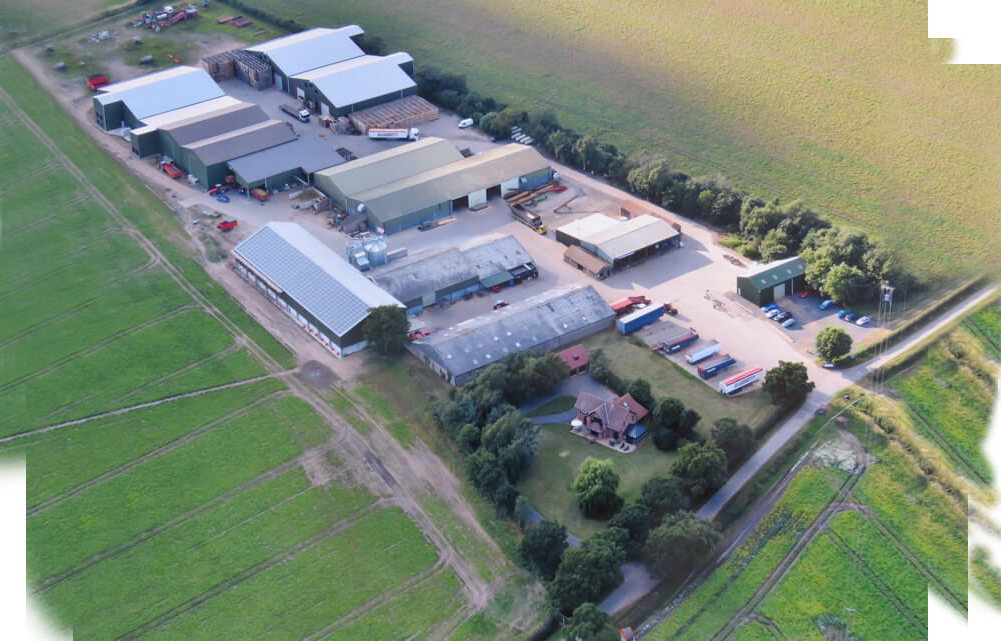
From providing specialist potatoes to a leading crisp manufacturer, onions for Aunt Bessies onion rings, and wheat utilised in the manufacture of Ice Cream Cones, to spirits and anything else in between, GH Chennells Farms Ltd is a proud family affair with a keen eye for innovation and deep roots of service and tradition.
We were lucky enough to catch up recently with Michael Chennells, eldest son and third generation of this thriving agricultural enterprise…

BACKGROUND OF THE FARM
The Eagle Hall Estate is a traditional Lincolnshire Estate, located in its own hamlet of Eagle Hall. Steeped in history the Estate was once the home of the nights Templar who during the 12th and 13th centuries are believed to have had links with Lincoln Cathedral. The evidence of their preceptory still exists today in and around the parklands of Eagle Hall.
The Chennells family came to Lincolnshire from Buckinghamshire in 1926 when the father of Gordon Chennells, Michaels’s grandfather became the tenant at Preston’s Farm, Eagle Hall. This came about because he had served in WWI under Colonel Curtis whose family owned the Eagle Hall Estate and after the war had asked him if he wanted to take on Prestons Farm.
In 1957 Gordon Chennells, Michaels father took on the tenancy of nearby Clay Farm and was subsequently, given the opportunity to purchase it in the 1960’s. The land was good for potatoes and among other crops, as the potato enterprise evolved the company became a specialist supplier to the growing Potato Crisp industry.
In 1976 GH Chennells Farms LTD was formed. At that time the company was predominantly growing Cereals, Crisping Potatoes and Sugar Beet. The business was now farming around 600 acres and over the next 10 years Michael, Carolyn, Andrew and Patrick, Gordon#s children all joined the company.

In 1986 The Eagle Hall Estate was acquired from the Prew-Smith family, this comprised of the hamlet of Eagle Hall and surrounding farm land, along with a number of farmsteads and residential properties. This was a logical step forwards for the company, as Gordon Chennells was a tenant on part of the estate, and had already taken over the tenancy of his father’s farm. The company has subsequently continued to acquire further farms and farmland in the surrounding area.
During the 1980’s, the running of the business was taken over by brothers Michael, Andrew and Patrick. Gordon and Rosa retired from an active role in the business. In 2002 Eagle Hall Estates Ltd was formed as parent company to GH Chennells Farms Ltd and became responsible for all estate property and store management, whilst the farming operations remained the responsibility of GH Chennells Farms Ltd.
So as not to have all their eggs in one basket and to spread its risk, the company diversified into Onion production, a crop which was well suited to the companies light land supported with irrigation. As the Onion enterprise developed over subsequent years after significant investments were made into state of the art storage facilities the company is now able to supply home produced UK Onions to the prepared vegetable industry all year round. Potatoes and onions are still the main stay crops with a rotation of arable and other vegetable crops. Since the early 1990’s the company has centralised its operations by continuing to invest in its own storage and distribution facilities for potatoes, onions and grain at Clay Farm.
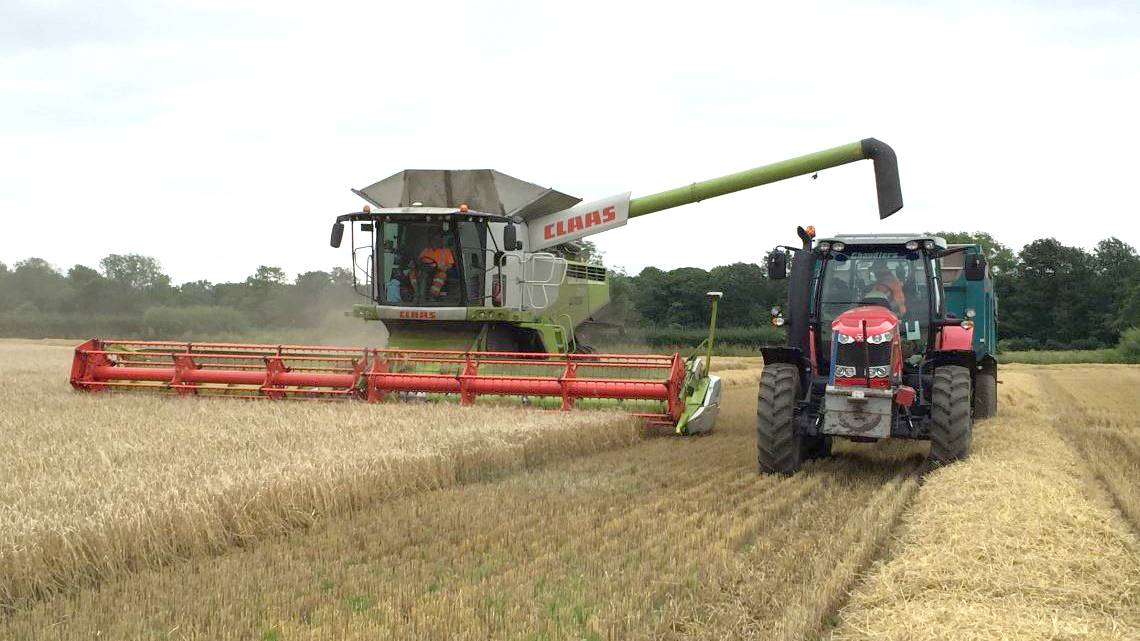
Today, the business employs about 25 staff and the same in seasonal casual workers. Working in a consumer pull, rather than a production push environment, Michael explains that the business has to continue to innovate to keep pace with the demands of the consumer. “We take our inspiration for the business from everywhere” he says. “We cannot stand still, as taste buds, technology and standards don’t stand still. We all learn something every day, continually seeing what other businesses are doing and listen to our industry, our customers, colleagues, and our local farming friends to see what is changing and how we need to adapt”.
With nearly a century of farming experience under their belts, the family are constantly working hard to be the best at what they do and lead the way within their own industry. Covid has however, had a significant impact on the business, ask Michael explains,“ Demand for food through restaurants, food processing and the hospitality industries sharply fell and in some cases virtually closed down and so we had to quickly look at alternative routes to market, which included an increased level of business with the retail sector. Thanks to our excellent storage facilities and strong relationships in the industry, we could do this and survive the challenges of the past 2 years.”
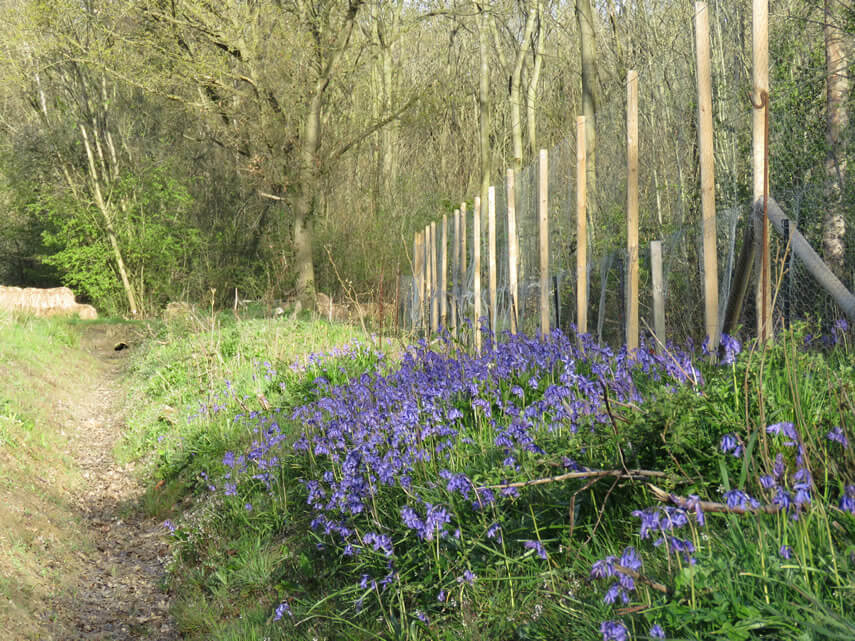
THE FARM AND THE ENVIRONMENT
In recent years the farm has made further significant investment in renewable energy and energy efficient machinery and storage facilities, resulting in cost savings whilst reducing its impact on the environment. Michael explains “First and foremost we regard our company as a food production business, where the primary aim is to contribute towards feeding the nation rather than fuelling the nation. As such all of our Carbon Management Initiatives have to work alongside and contribute towards the wider food production business, rather than using our key resource, which is our land, to produce fuel rather than food.”
The following is a selection of their more recent initiatives:
Electricity – The farm produces around 100,000 KW of electricity per year from Solar Panels, all of which is used on site to power the companies crop stores. All electricity purchased from third parties is all produced from renewable sources. All new crop stores are designed to optimise energy efficiencies and some are designed where possible to a North/South orientation, with an offset ridge design so as maximise yields from the Solar Panels.
Energy – On the Estate properties ground source heating systems have been incorporated on all new build properties, as well as converting existing properties with either air or ground source systems as they become due for renewal. All lubricants are purchased from a leading carbon efficient supplier (of course!)
Sustainability – From improving the many areas of woodland and forestry projects, to providing larger bulk deliveries to avoid unnecessary packaging and deliveries, they have invested in technology and are leading the way in crop storage solutions within the agricultural industry.
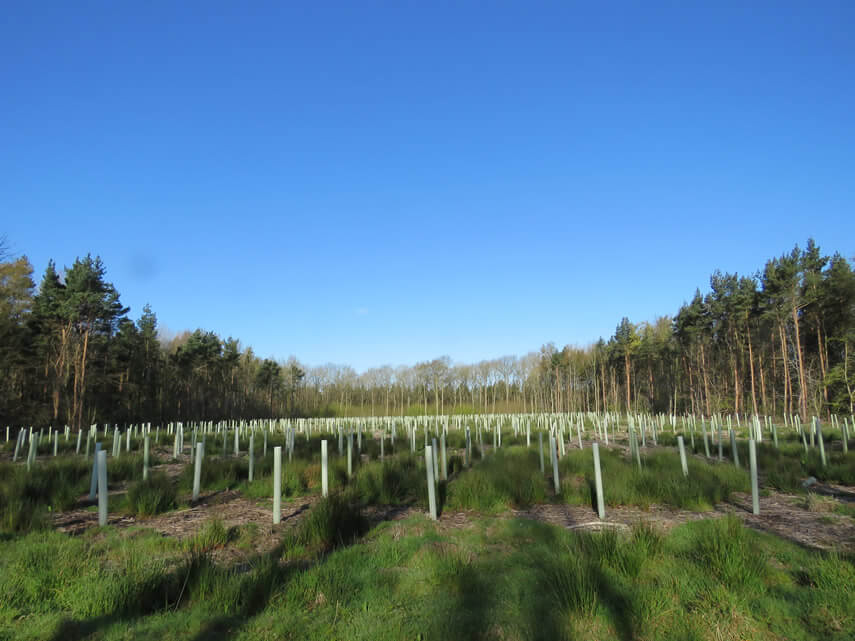
TACKLING THE CHALLENGES AHEAD
Customers value the company’s reliability, traceability and raw material transparency. You will taste the crops Chennells grow in a variety of well-known food retailers and direct product manufacturers, such as Frozen Onion Rings, Yorkshire puddings, Pizza bases, Crisps, Ready meals, Bread, Ice cream cones, KitKats and many other prepared food products.
Current challenges explains Michael, include planning for the future. “With a family business, we have to decide how it will be managed in the future years and how it can become more sustainable for its customers and the growing demand to improve supply chains.”
Asking Michael if he knew then what he knows now and what he would do differently, he says “We would have perhaps developed more intensive farming techniques such as hydroponics, to help produce a more diversified product range on less land and to supply seasonal products on an all year round basis to meet customer demand in a controlled environment. As land is being used up for building projects, industry and environmental reas around the world, the land area available to feed the world continues to reduce whilst the population grows.”
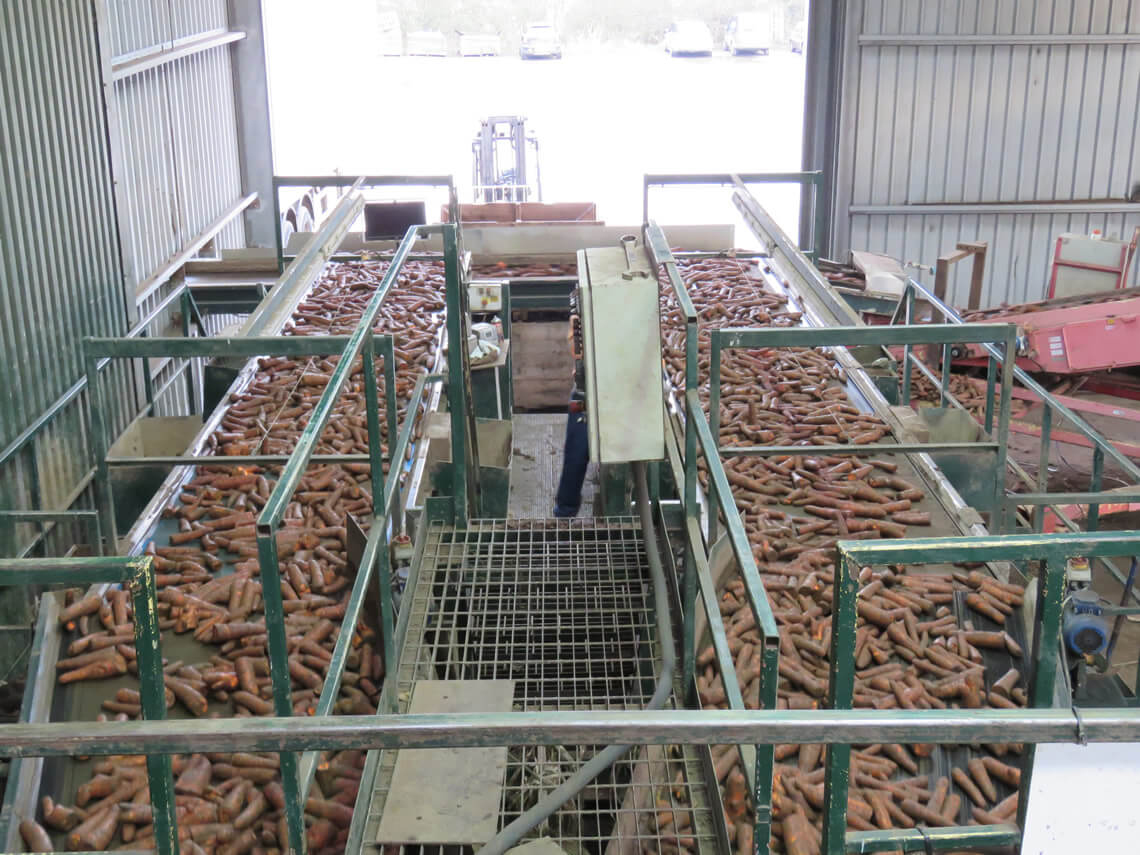
Brexit has meant that the farming industry is around 10-20% down on its available workforce as so many European workers left the UK and returned to their own countries This has created a labour shortfall, which remains a challenge for the business almost two years on. “Technology in the planting, harvesting and grading of crops will be one of the solutions for this ongoing challenge and one of the key elements of success is trust” says Michael. “We trust our customers and
we like to think that they trust us Our team is trustworthy, our products and deliveries are trustworthy, our suppliers are also trustworthy and everything we do on the farm and for our customers is based on trust.
That is why we have used Witham Group for more than 50 years. We know we will get the right products we need for a changing fleet of advanced vehicles and machinery, and we know we will get them on time and at a good price. It’s as simple as that”.
To find out more about the support and products we offer to the agricultural sector, click here.



Leave a Reply